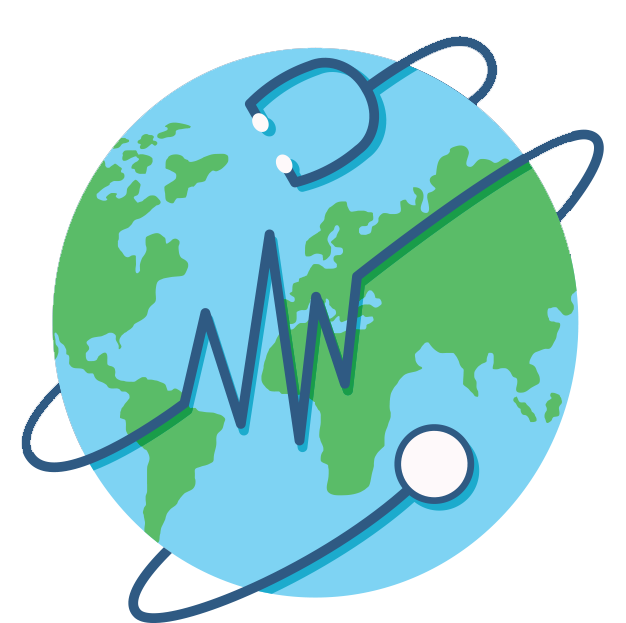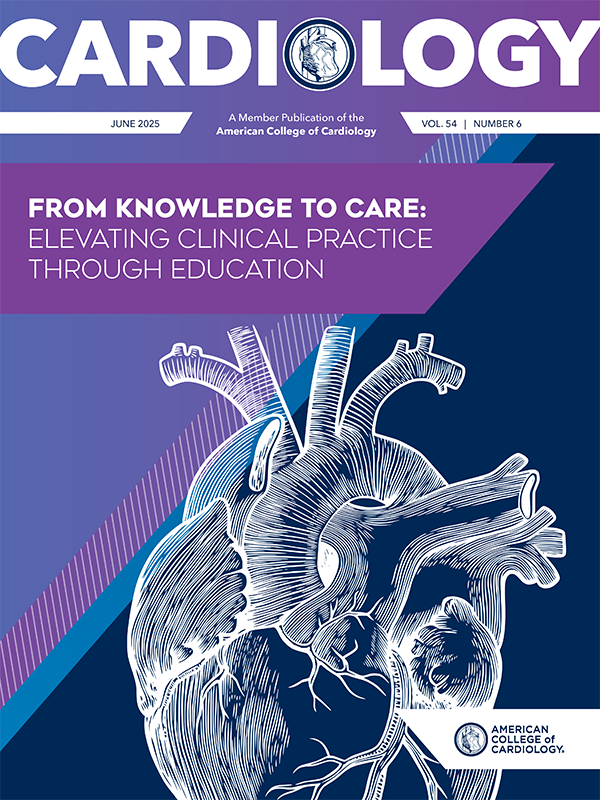ACC Mission in Action | ACC Stresses Multidisciplinary Approach to Mitigating NCDs at UN Multistakeholder Meeting

ACC Stresses Multidisciplinary Approach to Mitigating NCDs at UN Multistakeholder Meeting
As part of preparations for the high-level meeting of the UN General Assembly on the prevention and control of noncommunicable diseases (NCDs) and the promotion of mental health and well-being (HLM4) this September, the ACC took part in a multistakeholder meeting on May 2 designed to collect input from civil society, private sector entities and others.
ACC Vice President Roxana Mehran, MD, FACC, provided a statement on behalf of the College, reiterating support for a multidisciplinary approach to mitigating the global burden of cardiovascular disease. "We align with the NCD Alliance's call to lead on NCDs," she said, urging immediate action on policies ensuring patient access to care. She also underscored the World Heart Federation's call for a focus on primary prevention, noting the need to address "under-recognized aspects of cardiovascular disease burden, including a special focus on cardiovascular disease and NCDs in women and people under the age of 30, as well as an increased focus on addressing morbidity in addition to disease mortality." Here we share her full statement.
Madam Chairwoman, Excellencies, and Esteemed Stakeholders,
My name is Roxana Mehran, vice president of the American College of Cardiology, the world's largest cardiovascular society representing over 60,000 cardiovascular care team practitioners worldwide devoted to creating a world where science, knowledge and innovation optimize cardiovascular care and outcomes for all.
We align with the NCD Alliance's call to lead on NCDs. Every two seconds, someone under 70 dies from a noncommunicable disease like heart disease, cancer, diabetes or a chronic respiratory illness – with most of these deaths occurring in low- and middle-income countries. We have only five years left to achieve Sustainable Development Goal 3 and most countries are off course from meeting 30 by 30 and Universal Health Coverage goals. The need to act for policies supporting access to care is critical. The time is now.
We support the statement by the World Heart Federation emphasizing primary prevention of disease through interventions such as enactment of the WHO Best Buys. Specifically, we endorse their recommendation to support access to medicines for diabetes and hypertension as important primary and secondary prevention measures.
Heart disease is the #1 killer of men and women globally, and its burden continues to increase. Recent data show that depression, anxiety and mental illness contribute to cardiovascular disease, equal to established risk factors such as hypertension, diabetes and smoking. We support a focus on under-recognized aspects of cardiovascular disease burden, including a special focus on cardiovascular and noncommunicable disease in women and people under the age of 30, as well as an increased focus on addressing morbidity in addition to disease mortality.
We face a rising toll of disease across all NCDs while simultaneously experiencing a shortage of health care workers to meet this growing challenge. The cardiovascular workforce is overwhelmed! Many are leaving practice for other opportunities.
While we specifically endorse the NCD Alliance's advocacy priorities with a special emphasis on accelerating implementation of evidence-based NCD programs and, wherever possible, integrating health capacity programs to serve the widest possible population, we realize that this strategy will require a strong health care workforce, with proper attention to their training in alignment with community needs, a living wage for the hard work they endure, and their well-being.
Technology provides additional essential support for primary care and community health workers, including tools for diagnostics and electronic medical records, to expand access to care. An empowered, trained and supported health care workforce is our best defense against a rising tide of noncommunicable disease, especially heart disease.
We will succeed together as this takes a multidisciplinary approach with all of us united, so let's get to work! Thank you for your attention.
Global Health in Focus This Fall
The ACC is proud to take part in the upcoming fourth UN High-Level Meeting of the General Assembly on the Prevention and Control of Noncommunicable Diseases (NCDs) and the Promotion of Mental Health and Well-being (HLM4), taking place this September. This pivotal event will provide a critical opportunity to highlight the global urgency of addressing NCDs – including cardiovascular disease – as essential components of sustainable development.

As a longtime leader in the fight against NCDs, the ACC looks forward to engaging in conversations that will shape international strategies and strengthen health systems worldwide. Stay tuned to Cardiology and ACC.org throughout September and October for exclusive coverage and insights from the meeting.
In the meantime, ACC members can support frontline efforts by promoting the NCD Academy – a free, online educational platform designed to empower clinicians and community health workers with critical knowledge and tools for preventing and managing NCDs across diverse populations. Learn more at ACC.org/NCDAcademy. For more information on ACC's broader global strategy and related efforts, visit ACC.org/GlobalHub.
Clinical Topics: Cardiovascular Care Team
Keywords: Cardiology Magazine, ACC Publications, Morbidity, United Nations, Noncommunicable Diseases, Policy, Health Policy
